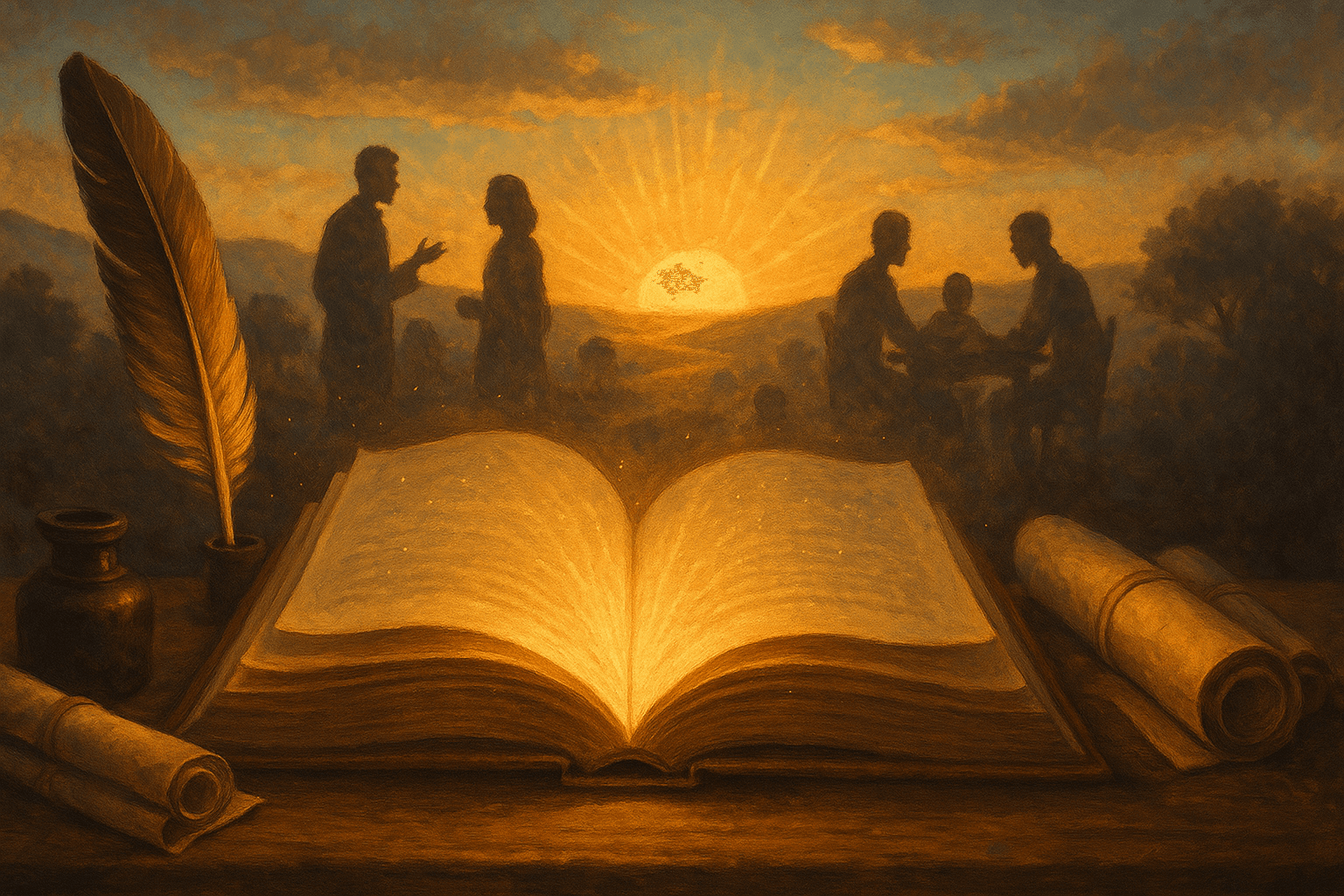Learning to Be Good: Education’s Role in Moral Development in 'The Republic'

When you think of education, what comes to mind? Textbooks, lectures, maybe even degrees? In Plato's ' The Republic ', education is much more than that; it’s a powerful tool for moral development, shaping not just individuals but the very fabric of society itself. Imagine a world where education is designed not merely to impart knowledge, but to cultivate virtue and justice. That’s what Plato proposes, and it’s a conversation worth diving into.
From the very outset, Plato sets the stage to explore how education contributes to moral virtue. The characters in his dialogues, especially Socrates, engage in discussions that reveal a deep skepticism about the existing educational systems of their time. Plato argues that true education must focus on nurturing the soul and developing moral character. Instead of a curriculum filled with tales of gods and heroes that might mislead young minds, he advocates for a refined approach—one that promotes virtues like honor, courage, and self-control.
In one of the central chapters, he emphasizes a curriculum that includes music and gymnastics. Why music and gymnastics, you ask? Plato believes these are essential for shaping both mind and body in a harmonious way. Music cultivates emotional intelligence and aesthetic appreciation, while gymnastics encourages physical health and discipline. This dual approach ensures that future guardians of the state are not only physically capable but also morally grounded.
But it doesn’t stop there. As the dialogues progress, the idea of the philosopher-king emerges—the ideal ruler who possesses both wisdom and virtue. Plato contends that only those educated in philosophy can truly understand justice and goodness, making them fit to lead. Here, education becomes not just an individual pursuit but a societal necessity. A well-educated populace is crucial for maintaining a just and orderly society, as it guards against the rise of tyranny.
Moreover, Plato’s allegory of the cave brilliantly illustrates the transformative power of education. Picture prisoners in a cave, only able to see shadows on the wall—a metaphor for ignorance. The journey from darkness to light symbolizes the painful yet essential process of enlightenment through education. Once enlightened, those who have seen the light have a moral obligation to return and guide others. In this sense, education is not just about personal gain; it’s a communal responsibility.
As we delve deeper, it becomes clear that Plato critiques the societal structures of his time, arguing that the moral decay of individuals directly correlates with flawed political systems. Education, he insists, must be a national priority, aimed at fostering wisdom and virtue. He warns against the dangers of unchecked freedom that can lead to chaos, emphasizing the need for a well-structured educational system that can cultivate just leaders.
So, what’s the hook here? If education is the cornerstone of moral development, what does that mean for us today? In a world where educational systems often seem more focused on standardized testing than on nurturing ethical citizens, Plato’s insights are more relevant than ever. The question remains: how can we reshape our educational practices to ensure they not only inform but also transform individuals into morally responsible citizens? The answers may lie in revisiting the principles that Plato laid out centuries ago.
In conclusion, ' The Republic ' serves as a profound reminder that education is not just about accumulating knowledge; it’s about cultivating a sense of justice and moral integrity. In Plato’s vision, a just society is built on the foundation of education that shapes character and fosters ethical governance. As we reflect on the role of education in our own lives and communities, let’s remember Plato’s essential truth: the pursuit of knowledge must always go hand in hand with the pursuit of goodness.
Books: The Republic
Authors: Plato
Publishers: Public Domain